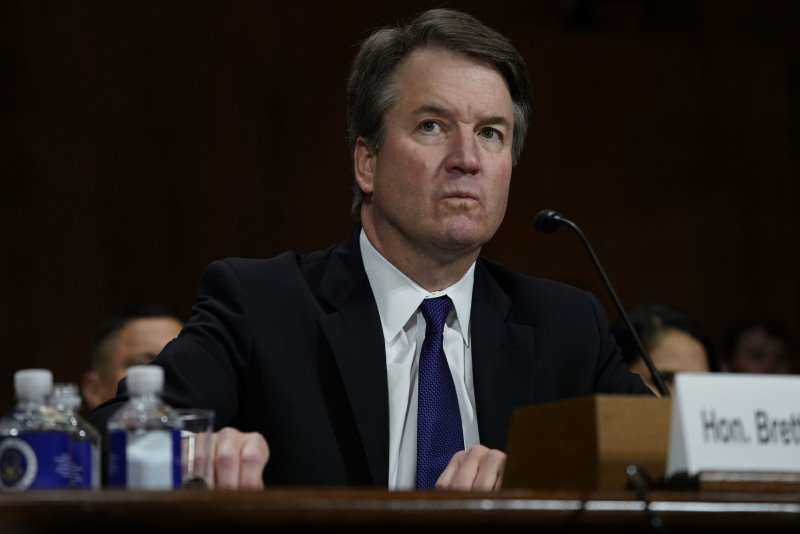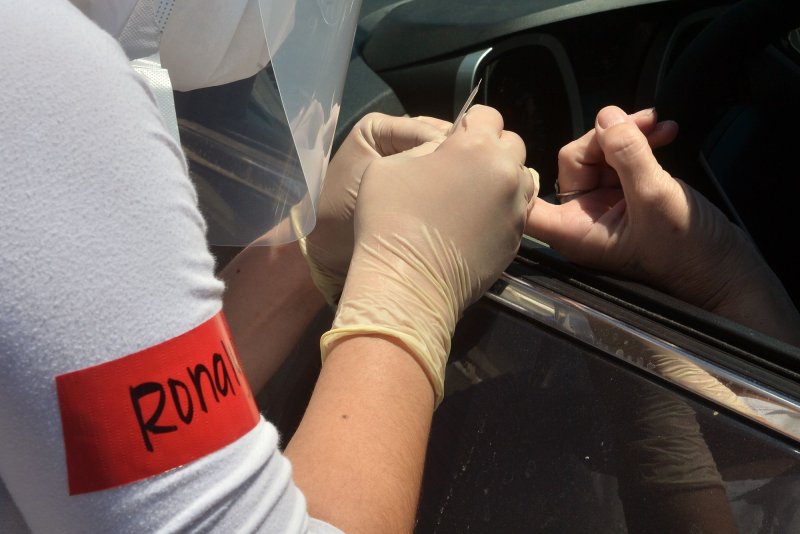Jared Kushner calls Israeli-Palestinian conflict a ‘real estate dispute’ in first comments since election
MR. KUSHNER IS A FAILED
REAL ESTATE DEALER AND A
BANKRUPT NEWSPAPER OWNER
FROM NYC
Oliver O'Connell
Mon, March 15, 2021

Special adviser to the president Jared Kushner (L) and Ivanka Trump arrive to the signing ceremony of the Abraham Accords on the South Lawn of the White House 15 September 2020 in Washington, DC ((Getty Images))More
Jared Kushner has claimed the world is witnessing the final stages of the Arab-Israeli conflict in his first published comments since the end of the Trump administration.
Mr Kushner, senior adviser to Donald Trump and married to the former president’s daughter Ivanka Trump, played a prominent role in the Abraham Accord negotiations, an attempt to normalise relations between Israel and some Arab states.
Writing in The Wall Street Journal, Mr Kushner said: “We are witnessing the last vestiges of what has been known as the Arab-Israeli conflict,” claiming it had persisted for so long because of a “myth” that it could only be solved once the two sides had resolved their differences.
“That was never true,” he wrote. “The Abraham Accords exposed the conflict as nothing more than a real-estate dispute between Israelis and Palestinians that need not hold up Israel’s relations with the broader Arab world.
Trump fans mocked for praising his ‘dreadful’ appearance at Mar-a-Lago event
House Democrats says they won’t co-operate with Republicans who made false election fraud claims
Frustrated Fauci urges Trump to tell Republicans to get vaccinated
Writing more broadly about US policy, Mr Kushner praised the Biden administration for making China a priority — a legacy, he claims of Donald Trump changing attitudes towards the country and its behaviour — but added it would be a mistake not to build on progress in the Middle East.
In addition to peace agreements between Israel and the United Arab Emirates, Bahrain, Sudan, Morocco and Kosovo, Mr Kushner cites the elimination of the ISIS caliphate and the brokering of the end of the conflict between Qatar and Saudi Arabia as Trump administration successes.
He also noted that normalisation of relations between Israel and Saudi Arabia is now within sight allowing for a united front to challenge Iran.
Mr Kushner writes that while many were troubled by the Biden team’s opening offer to work with Europe and rejoin the Iran deal, he saw it as a smart diplomatic move.
“The Biden administration called Iran’s bluff. It revealed to the Europeans that the [Iran deal] is dead and only a new framework can bring stability for the future. When Iran asked for a reward merely for initiating negotiations, President Biden did the right thing and refused,” said Kushner.
He argued that Iran is feigning strength and that America should be patient and insist that any deal include real nuclear inspections and an end to Iran’s funding of foreign militias.
Congratulating his father-in-law’s administration, and his own role in the negotiations between Israel and the Arab states, Mr Kushner argues that they have handed Joe Biden a success on which he can build upon.
“The table is set. If it is smart, the Biden administration will seize this historic opportunity to unleash the Middle East’s potential, keep America safe, and help the region turn the page on a generation of conflict and instability,” he wrote. “It is time to begin a new chapter of partnership, prosperity and peace.”
Mon, March 15, 2021

Special adviser to the president Jared Kushner (L) and Ivanka Trump arrive to the signing ceremony of the Abraham Accords on the South Lawn of the White House 15 September 2020 in Washington, DC ((Getty Images))More
Jared Kushner has claimed the world is witnessing the final stages of the Arab-Israeli conflict in his first published comments since the end of the Trump administration.
Mr Kushner, senior adviser to Donald Trump and married to the former president’s daughter Ivanka Trump, played a prominent role in the Abraham Accord negotiations, an attempt to normalise relations between Israel and some Arab states.
Writing in The Wall Street Journal, Mr Kushner said: “We are witnessing the last vestiges of what has been known as the Arab-Israeli conflict,” claiming it had persisted for so long because of a “myth” that it could only be solved once the two sides had resolved their differences.
“That was never true,” he wrote. “The Abraham Accords exposed the conflict as nothing more than a real-estate dispute between Israelis and Palestinians that need not hold up Israel’s relations with the broader Arab world.
Trump fans mocked for praising his ‘dreadful’ appearance at Mar-a-Lago event
House Democrats says they won’t co-operate with Republicans who made false election fraud claims
Frustrated Fauci urges Trump to tell Republicans to get vaccinated
Writing more broadly about US policy, Mr Kushner praised the Biden administration for making China a priority — a legacy, he claims of Donald Trump changing attitudes towards the country and its behaviour — but added it would be a mistake not to build on progress in the Middle East.
In addition to peace agreements between Israel and the United Arab Emirates, Bahrain, Sudan, Morocco and Kosovo, Mr Kushner cites the elimination of the ISIS caliphate and the brokering of the end of the conflict between Qatar and Saudi Arabia as Trump administration successes.
He also noted that normalisation of relations between Israel and Saudi Arabia is now within sight allowing for a united front to challenge Iran.
Mr Kushner writes that while many were troubled by the Biden team’s opening offer to work with Europe and rejoin the Iran deal, he saw it as a smart diplomatic move.
“The Biden administration called Iran’s bluff. It revealed to the Europeans that the [Iran deal] is dead and only a new framework can bring stability for the future. When Iran asked for a reward merely for initiating negotiations, President Biden did the right thing and refused,” said Kushner.
He argued that Iran is feigning strength and that America should be patient and insist that any deal include real nuclear inspections and an end to Iran’s funding of foreign militias.
Congratulating his father-in-law’s administration, and his own role in the negotiations between Israel and the Arab states, Mr Kushner argues that they have handed Joe Biden a success on which he can build upon.
“The table is set. If it is smart, the Biden administration will seize this historic opportunity to unleash the Middle East’s potential, keep America safe, and help the region turn the page on a generation of conflict and instability,” he wrote. “It is time to begin a new chapter of partnership, prosperity and peace.”



















